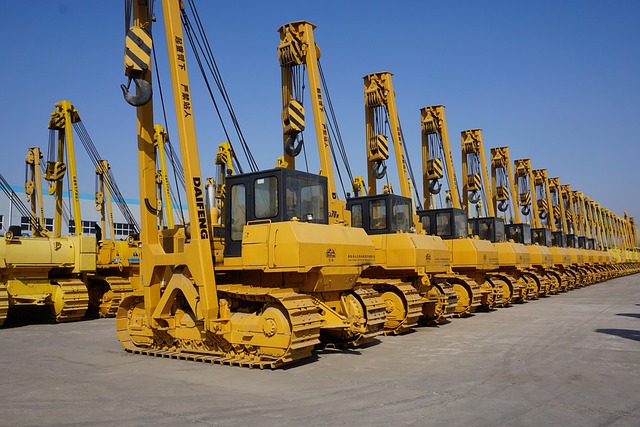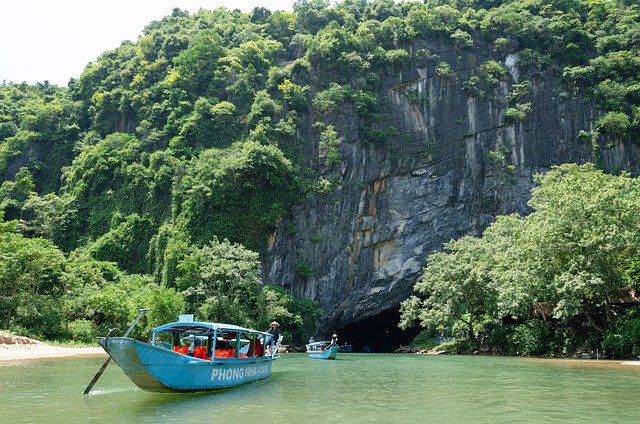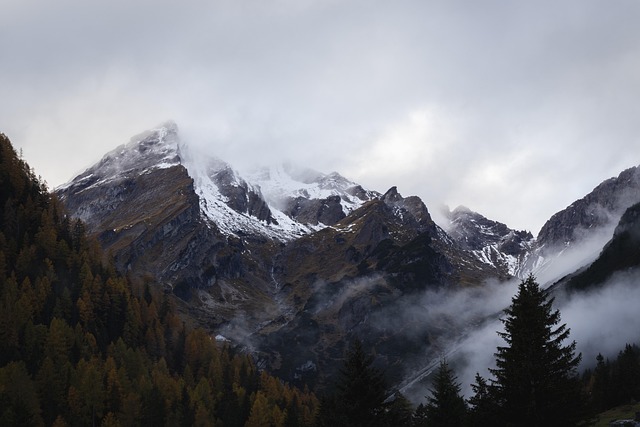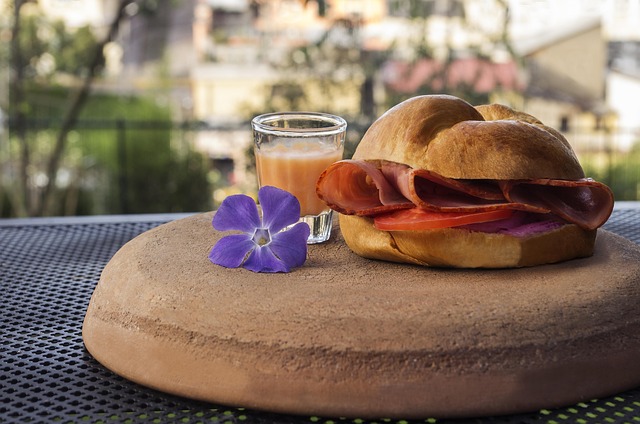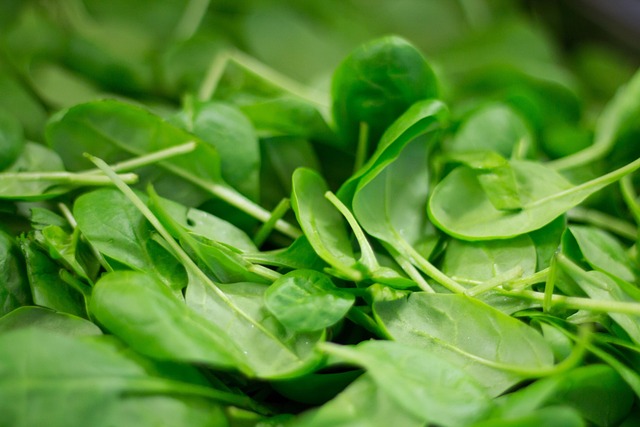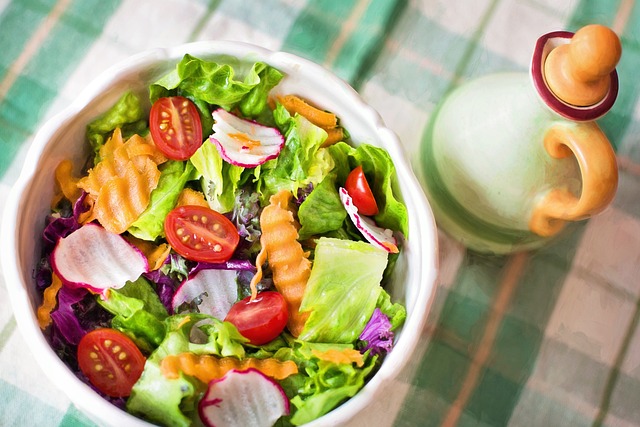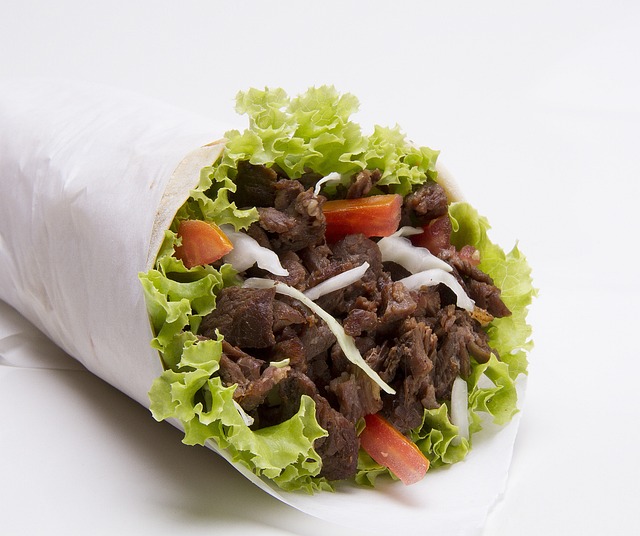The Southern Willamette Valley is renowned for its commitment to sustainable practices in winemaking, prioritizing eco-friendly methods that preserve unique terroir and biodiversity. Organic farming, native plant restoration, and minimal chemical intervention produce high-quality wines that reflect the valley's vibrant ecosystem. This dedication extends beyond trends, deeply rooted in the region's agricultural heritage, and contributes to a global movement for responsible wine production.
“Uncover the enchanting world of wine crafting in Southern Willamette Valley, where sustainable practices and artisanal techniques intertwine. From exploring eco-conscious vineyards to immersing yourself in organic production methods, this region offers a unique blend of tradition and innovation. Delve into our comprehensive guide to experience the art of wine making, uncover local traditions, and taste the difference that sustainable practices make. Join us on this journey, where every sip tells a story of environmental stewardship.”
- Exploring Sustainable Vineyards in Southern Willamette Valley
- The Art of Organic Wine Production
- Immersion: Experiencing Crafting Techniques Up Close
- Local Tradition Meets Modern Sustainability
- Tasting Notes on Eco-Friendly Wines
- Supporting a Thriving, Green Wine Industry
Exploring Sustainable Vineyards in Southern Willamette Valley
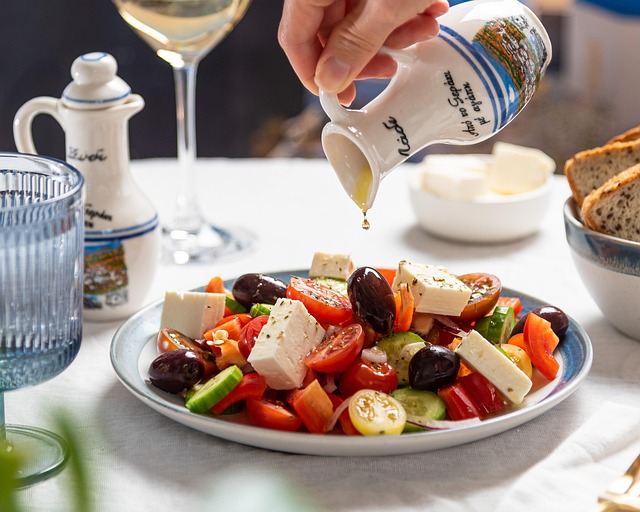
The Southern Willamette Valley, renowned for its picturesque landscapes and thriving wine industry, offers a unique opportunity to explore sustainable vineyards. Here, winemakers embrace eco-friendly practices, ensuring the terroir remains intact while producing exceptional wines. This commitment to sustainability is not just a trend but a way of life, deeply rooted in the region’s rich agricultural history.
The valley’s diverse microclimates and varied soil types encourage growers to adapt their methods accordingly, promoting biodiversity and minimizing environmental impact. From organic farming techniques to native plant restoration, these vineyards are living testaments to harmonious coexistence between viticulture and nature. By embracing sustainable practices, the Willamette Valley wine region not only preserves its natural beauty but also contributes to a global movement towards more responsible winemaking.
The Art of Organic Wine Production
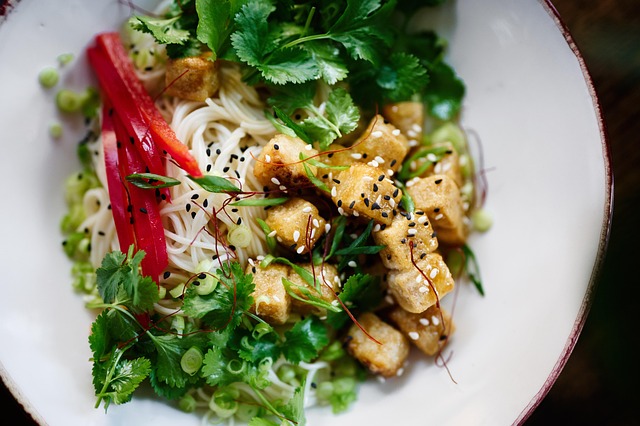
In the heart of the Southern Willamette Valley, a unique and captivating art form flourishes—organic wine production. This region has embraced sustainable practices, transforming it into a haven for eco-conscious winemakers. By shunning synthetic chemicals and prioritizing environmental harmony, these artisans craft wines that not only delight the senses but also nurture the land.
The process involves meticulous care, from vine to glass. Organic farming methods ensure the grapes are grown without pesticides or artificial fertilizers, allowing nature’s delicate balance to thrive. This commitment to sustainability extends to every step of wine making, from fermentation to aging, where natural processes are respected and enhanced rather than altered with synthetic aids. The result is a diverse range of wines that reflect the valley’s vibrant ecosystem.
Immersion: Experiencing Crafting Techniques Up Close
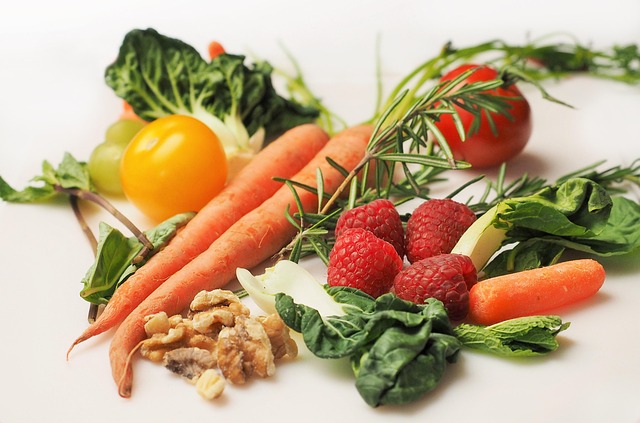
Immersion in wine crafting at its finest occurs in the heart of Southern Willamette Valley, where visitors can witness and engage in traditional techniques that have been refined over generations. This region is renowned for its commitment to sustainable practices, from vine to glass. Tourists can stroll through picturesque vineyards, meet passionate winemakers, and learn about the art of terroir—the unique interplay between soil, climate, and geography that imparts distinct character to each vintage.
Up-close encounters include hands-on workshops where you might find yourself stomping grapes like a vintner of yesteryear or participating in barrel tastings to appreciate the subtle nuances of aging. These experiences not only deepen your appreciation for wine but also offer insights into the dedication and craftsmanship that go into crafting each bottle.
Local Tradition Meets Modern Sustainability
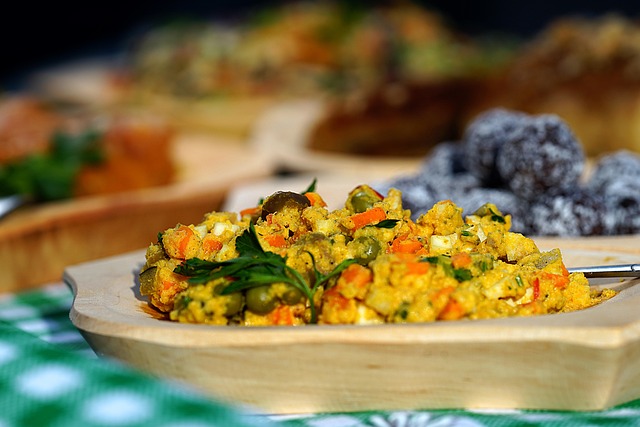
In the heart of Southern Willamette Valley, wine crafting has long been a local tradition, steeped in history and passion. However, modern winemakers are not just preserving this legacy; they are redefining it through sustainable practices. The region’s rich terroir and cool climate have always fostered exceptional grape varieties, but today’s makers go beyond traditional methods, integrating eco-friendly techniques that minimize their environmental footprint.
From organic farming methods to innovative recycling systems, these wineries are committed to producing not just award-winning vintages, but also contributing positively to the local ecosystem. By embracing sustainable practices, they ensure that the valley’s renowned wine production can thrive for generations to come, preserving both the art of crafting and the natural beauty that makes this region unique.
Tasting Notes on Eco-Friendly Wines
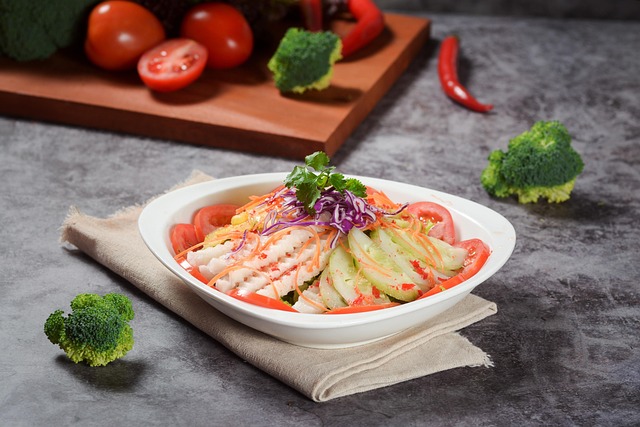
The Southern Willamette Valley has emerged as a leader in eco-friendly wine crafting, where winemakers are not just producing exceptional wines but also adopting sustainable practices. Tasting these wines offers a unique experience, allowing you to connect with nature and appreciate the art of responsible viticulture.
Notes on these sustainable wines often reveal a balance between crisp acidity and ripe fruit flavors, reflecting the valley’s cool climate and organic farming methods. The aroma may hint at earthy notes, subtle herbs, or floral accents, all while promising a clean, refreshing finish. These wines showcase the region’s commitment to minimal intervention, with reduced use of chemicals and a focus on natural processes, ensuring not only high-quality beverages but also a healthier environment.
Supporting a Thriving, Green Wine Industry
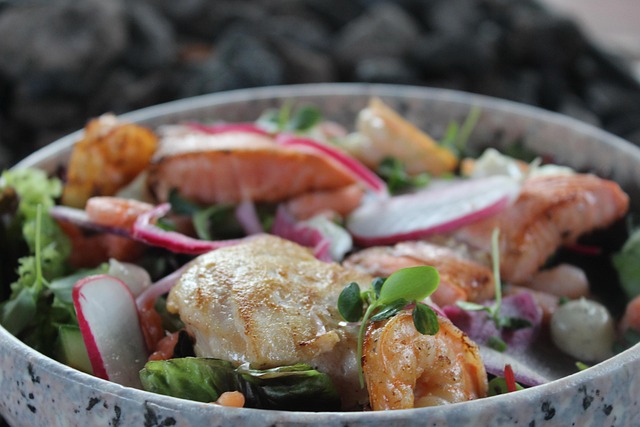
The Southern Willamette Valley has emerged as a hotbed for green wine crafting, where vintners are dedicated to supporting a thriving, eco-conscious industry. This region’s commitment to sustainable practices is evident in every step of the winemaking process, from organic grape cultivation to innovative recycling methods. By minimizing their environmental footprint, local wineries contribute to preserving the valley’s natural beauty and biodiversity while producing high-quality wines.
These sustainable practices extend beyond vineyard management. Many wineries employ renewable energy sources, utilize water conservation techniques, and implement responsible waste management strategies. They also foster a sense of community by promoting education on sustainable agriculture and engaging in collaborative efforts to protect the region’s unique terroir. Through these initiatives, the Southern Willamette Valley is not just crafting exceptional wines but also leading the way in a greener future for the global wine industry.


